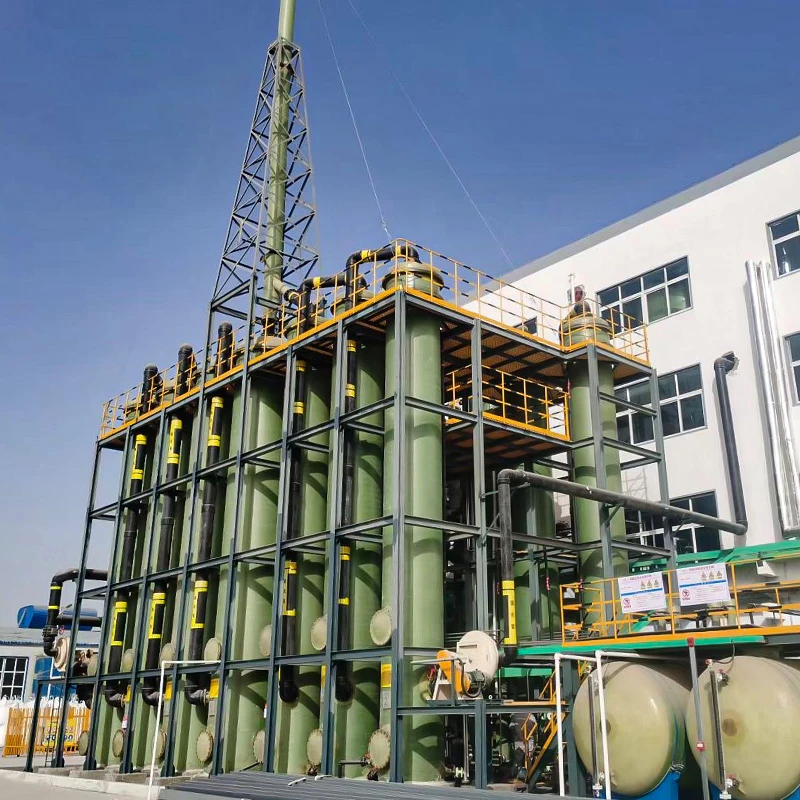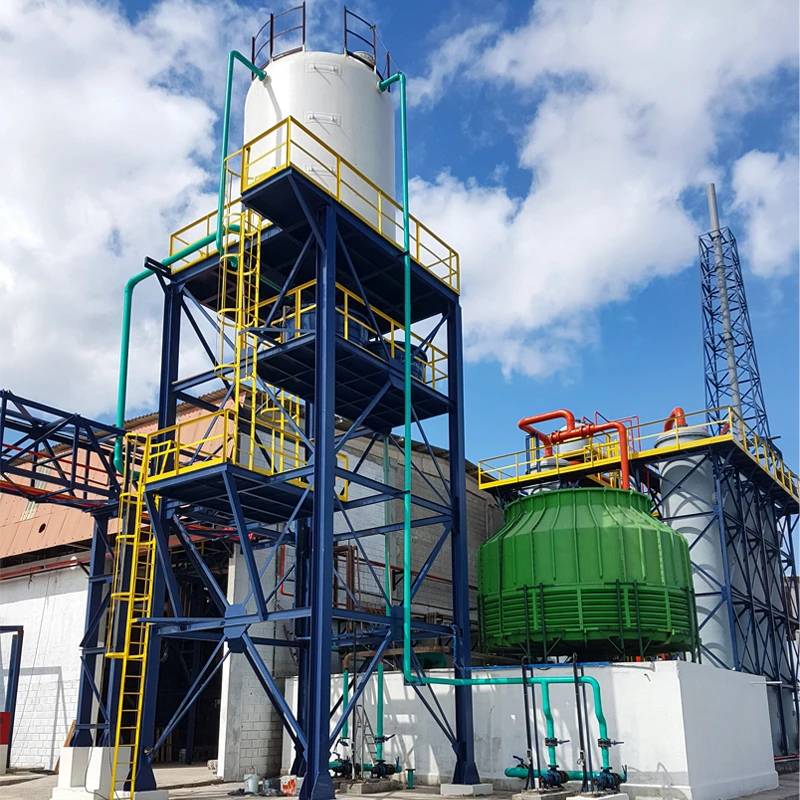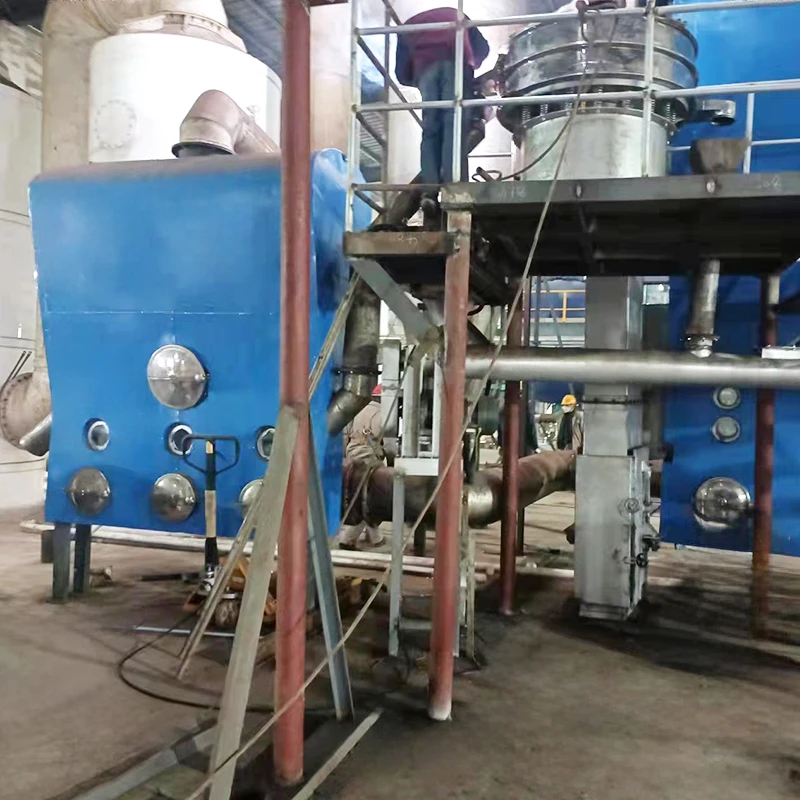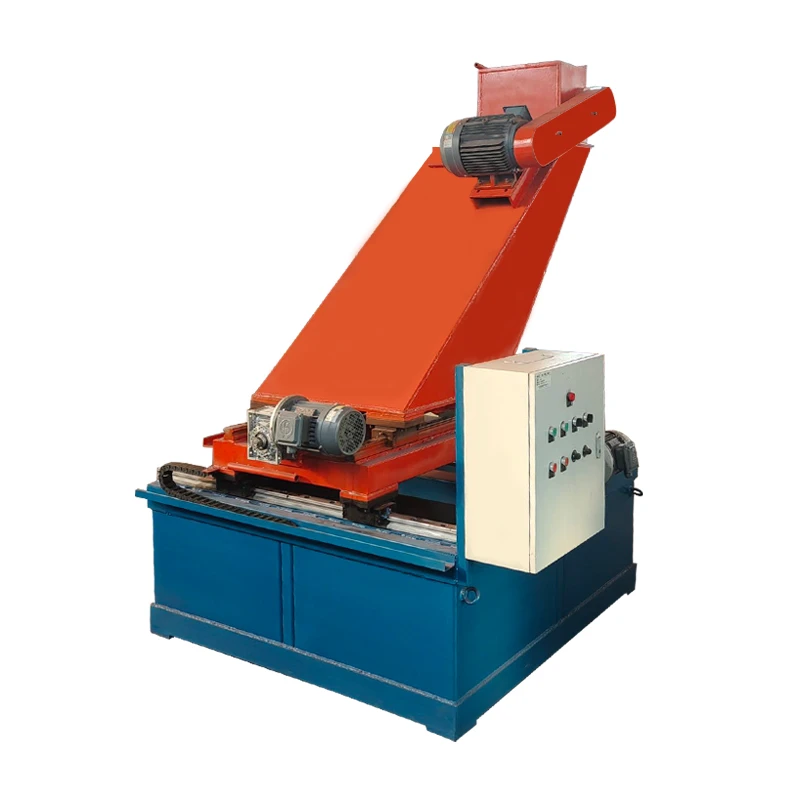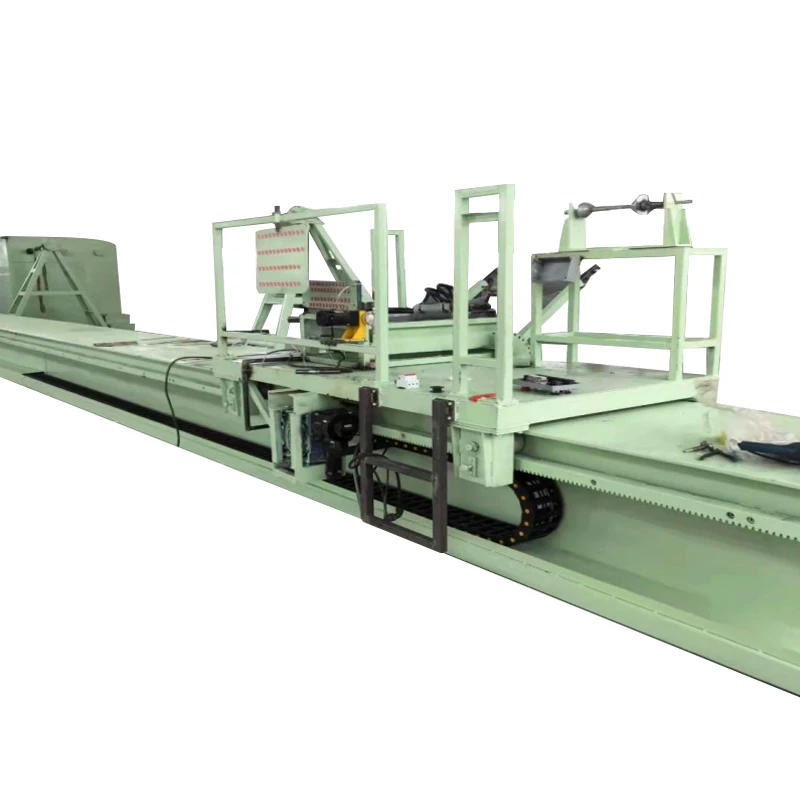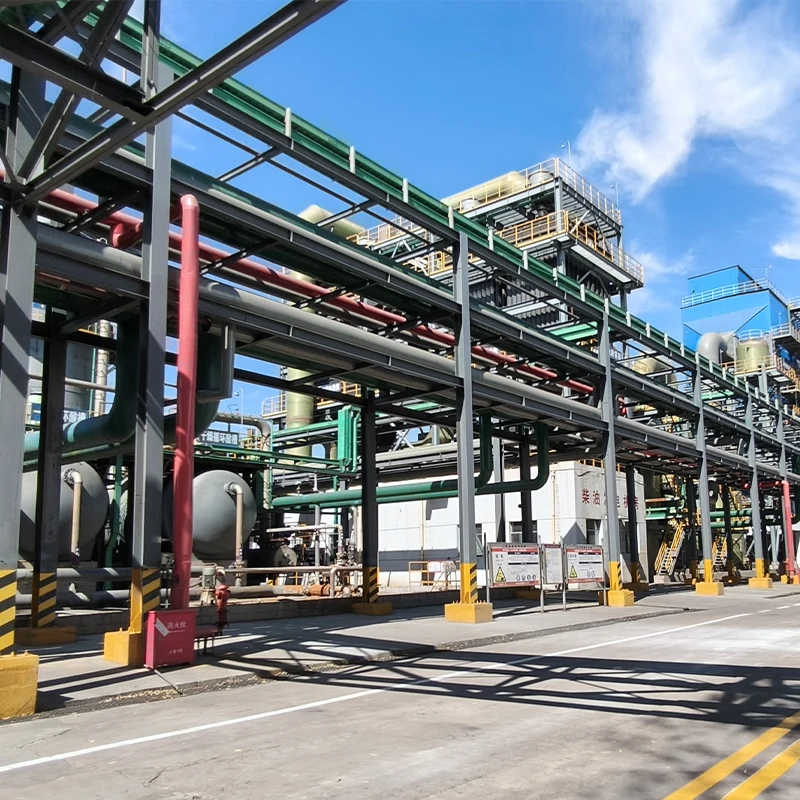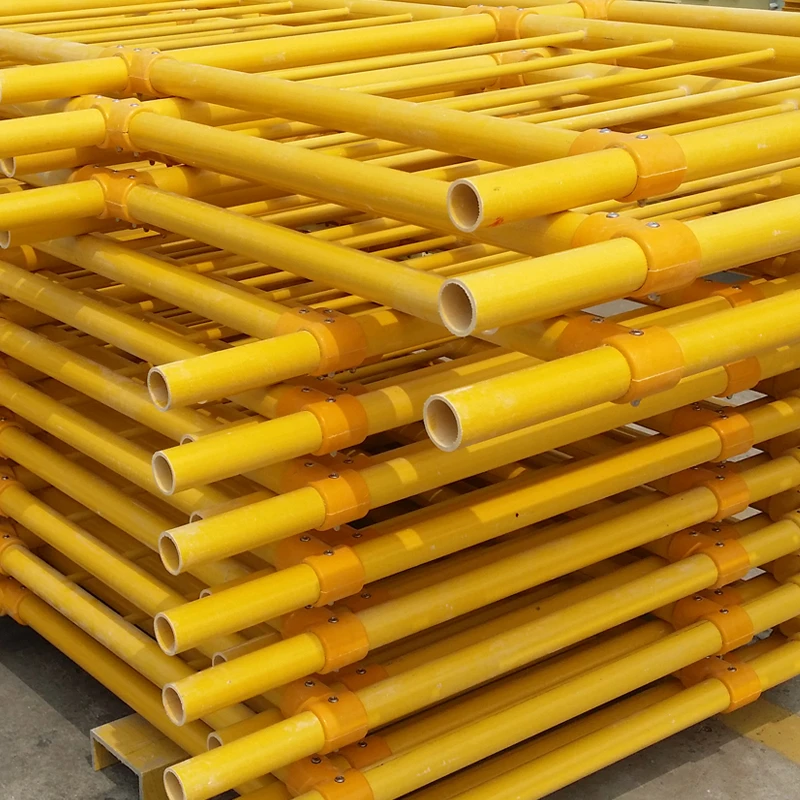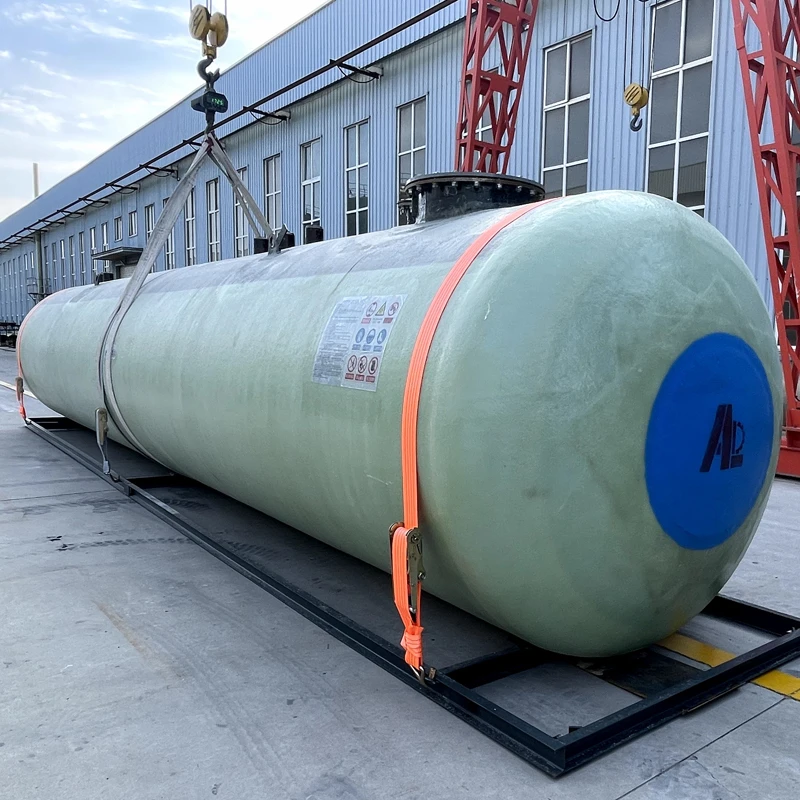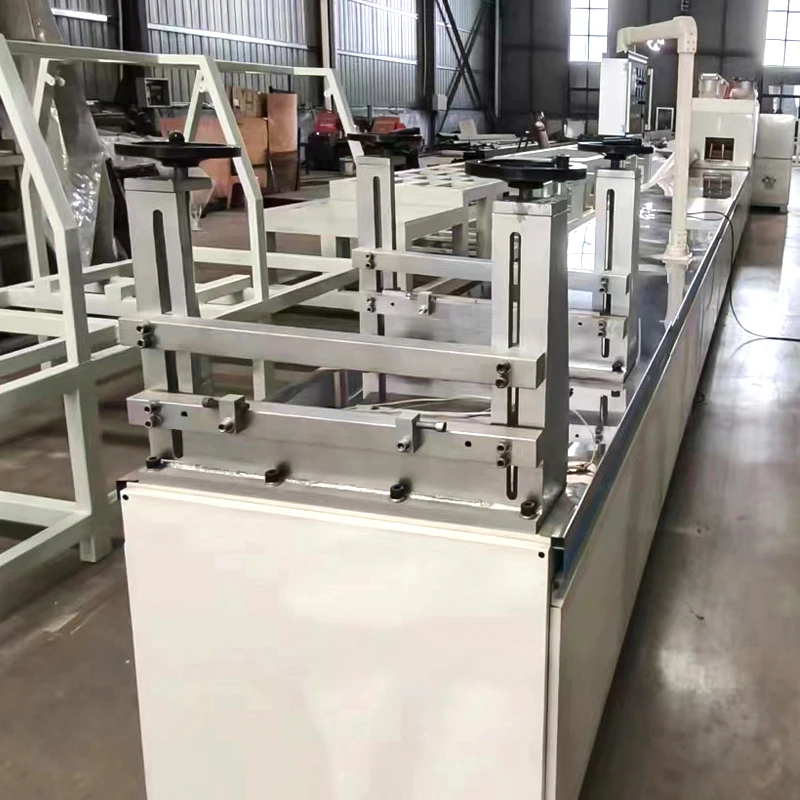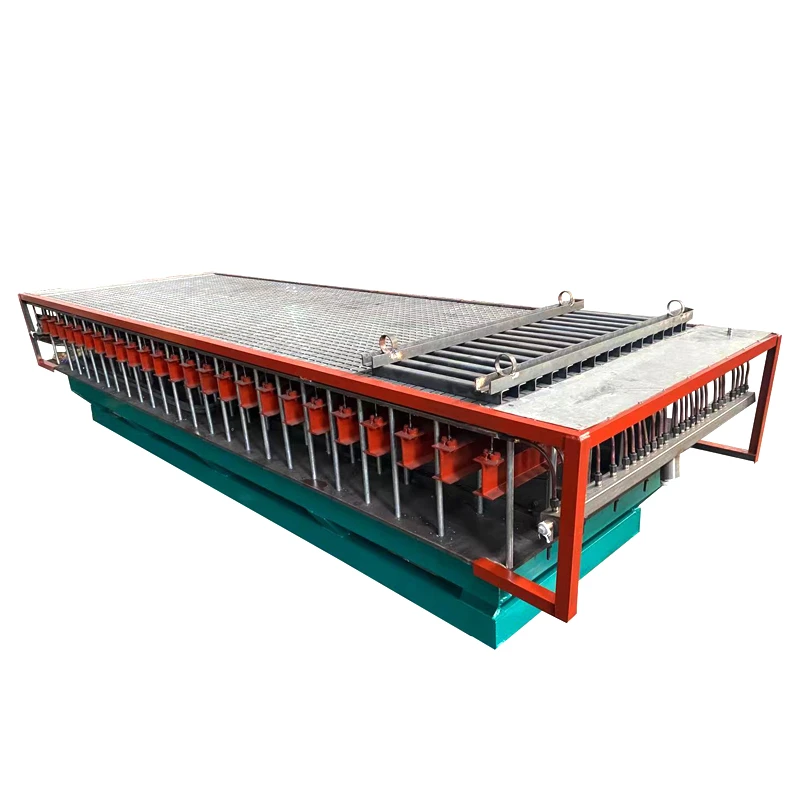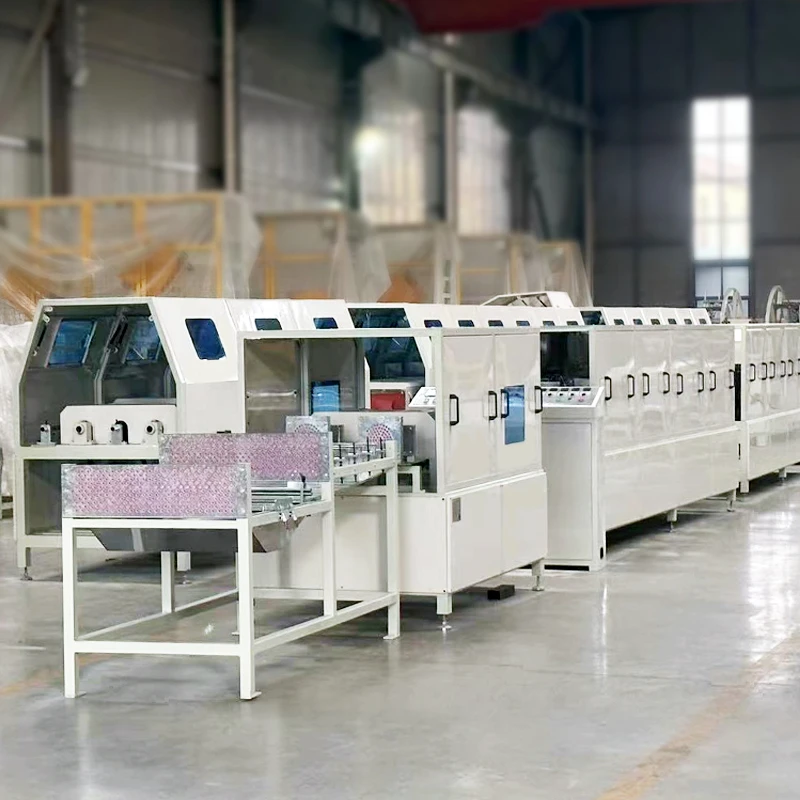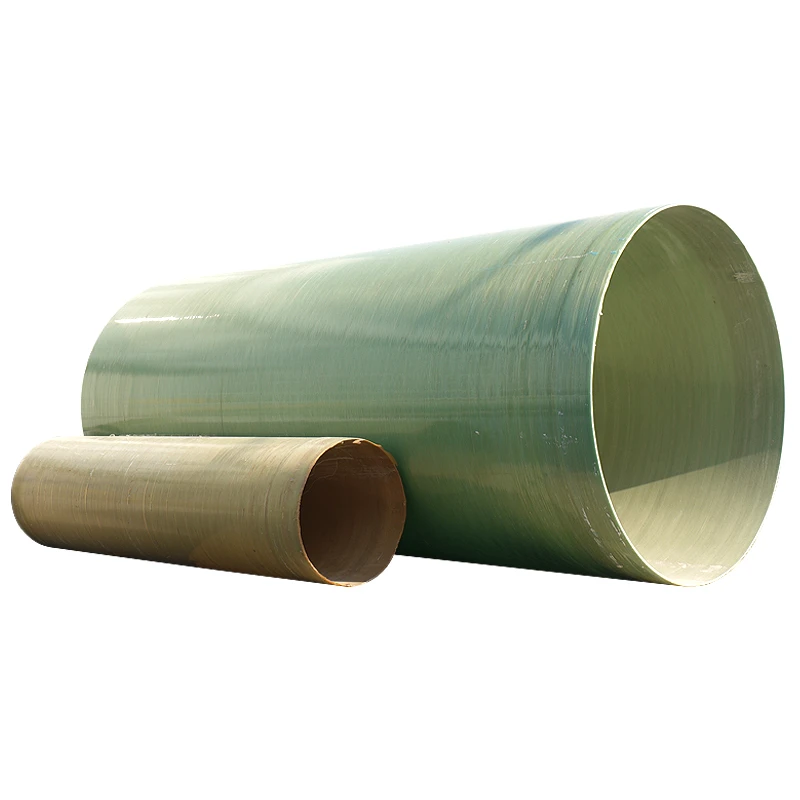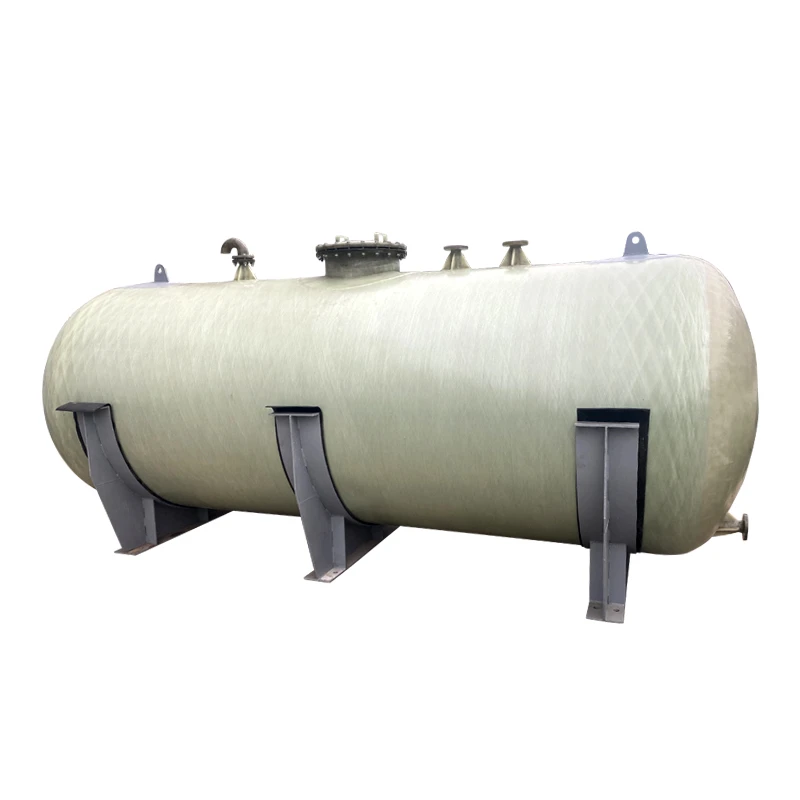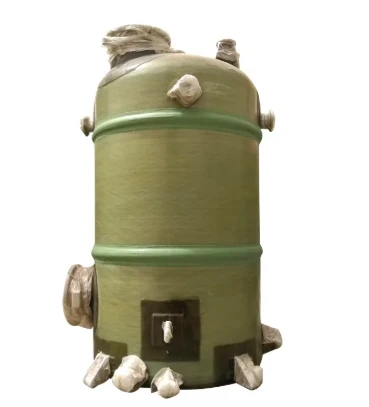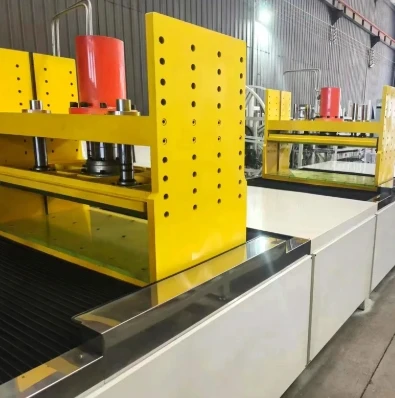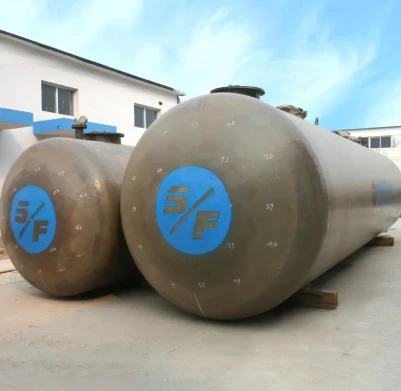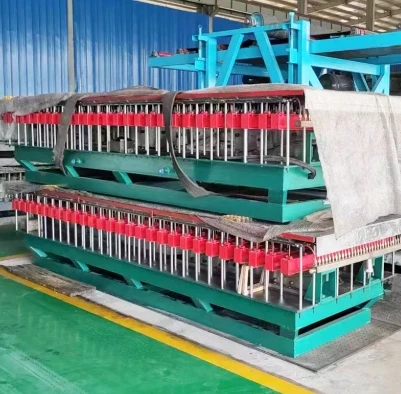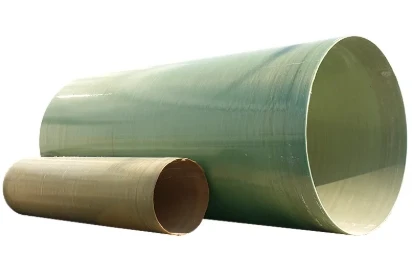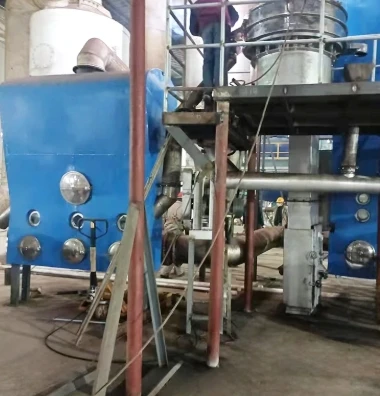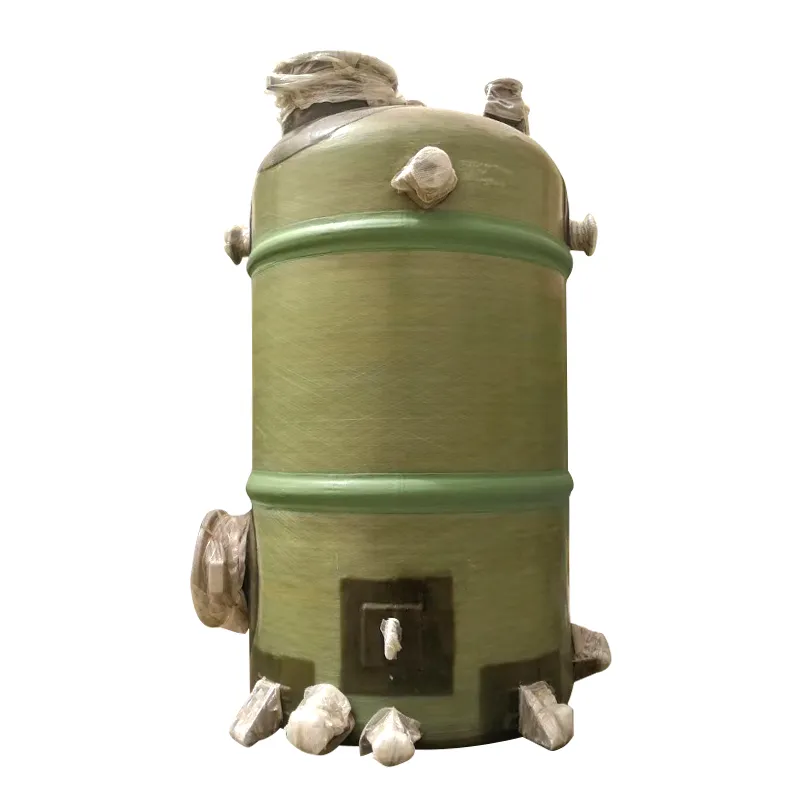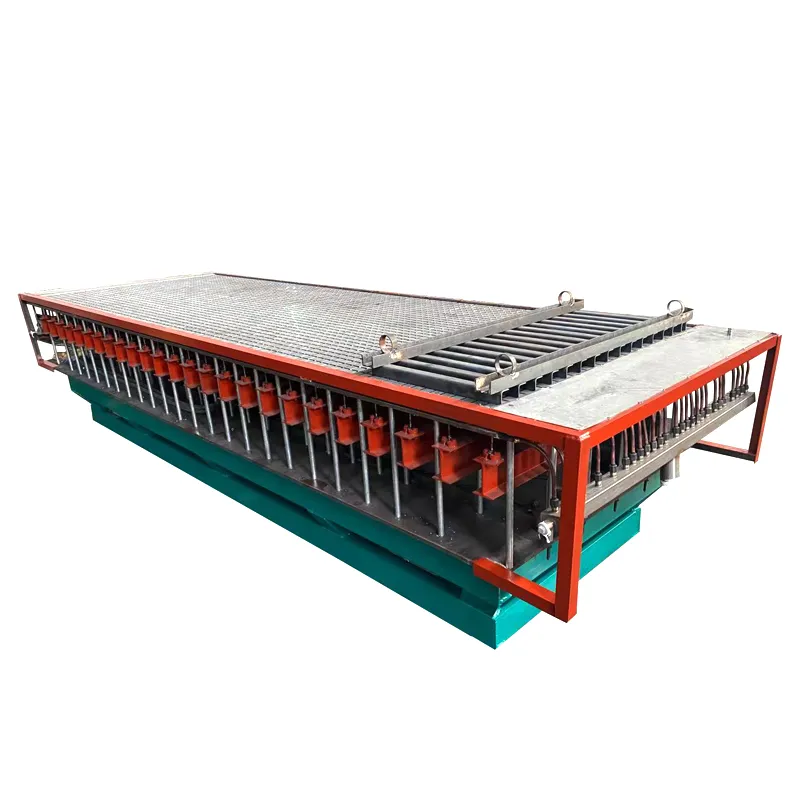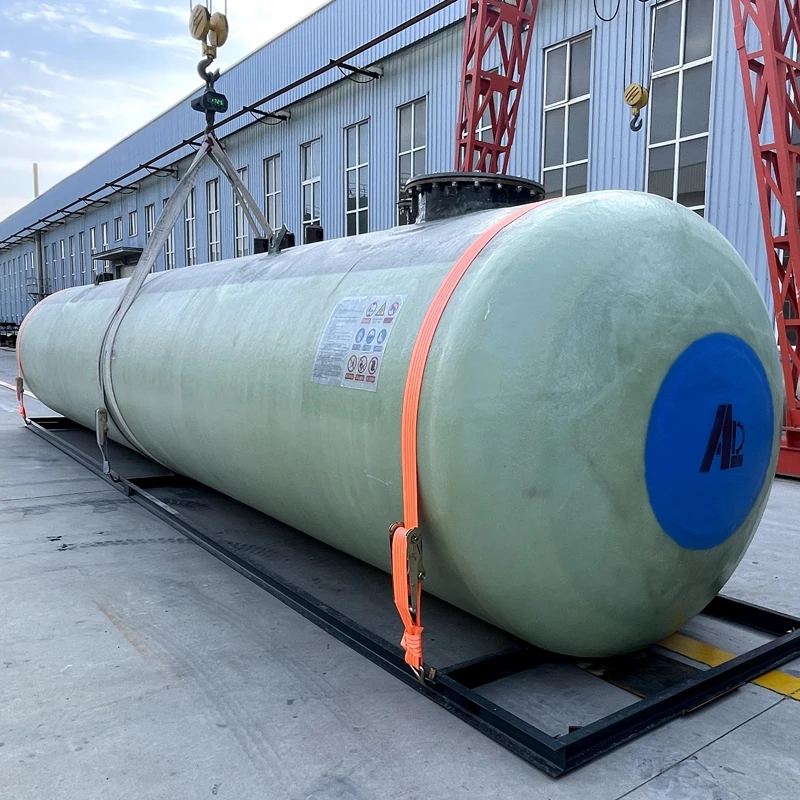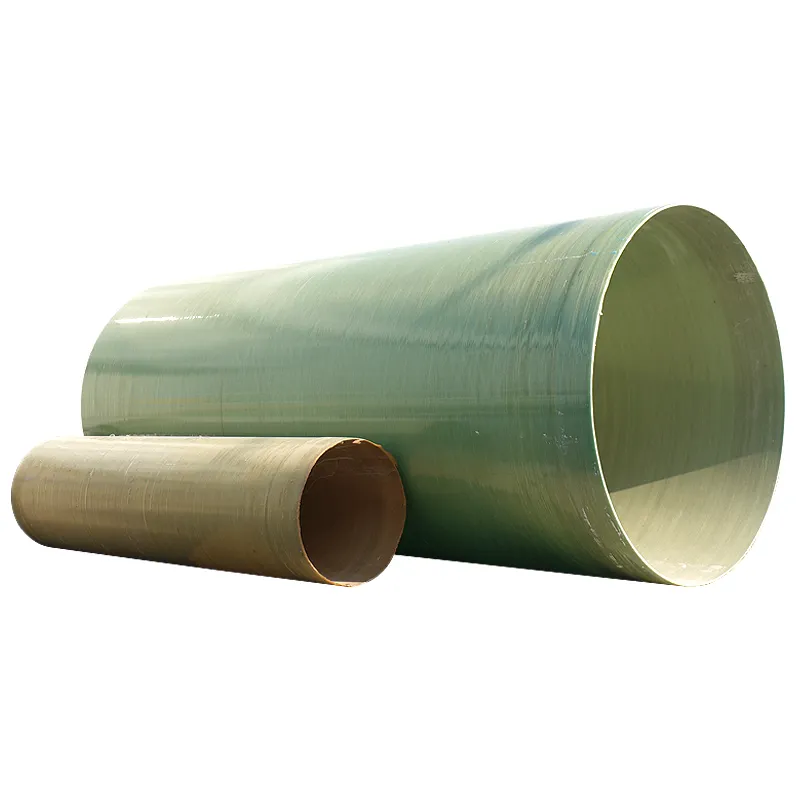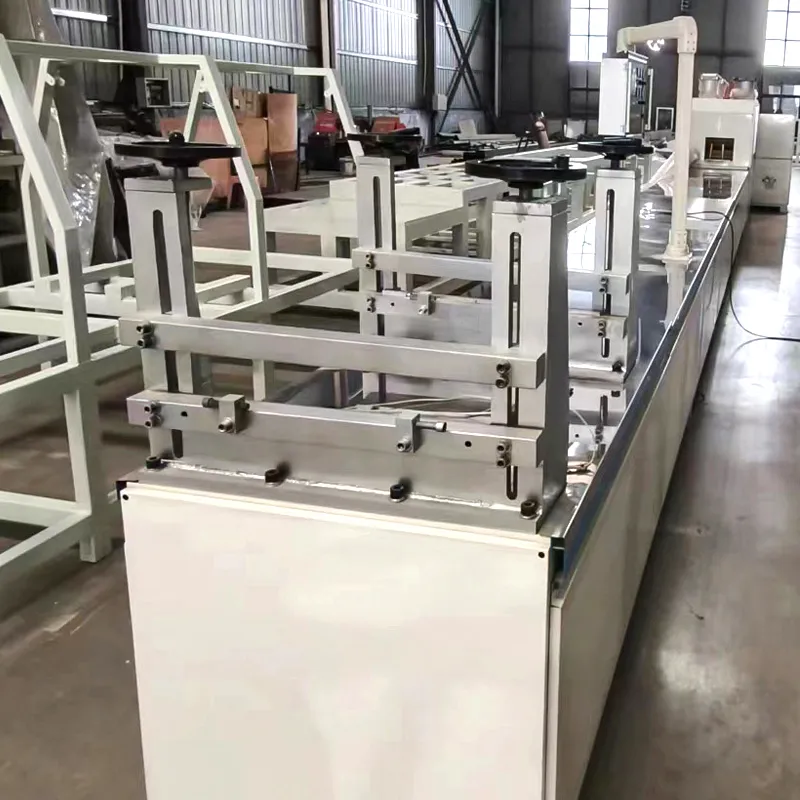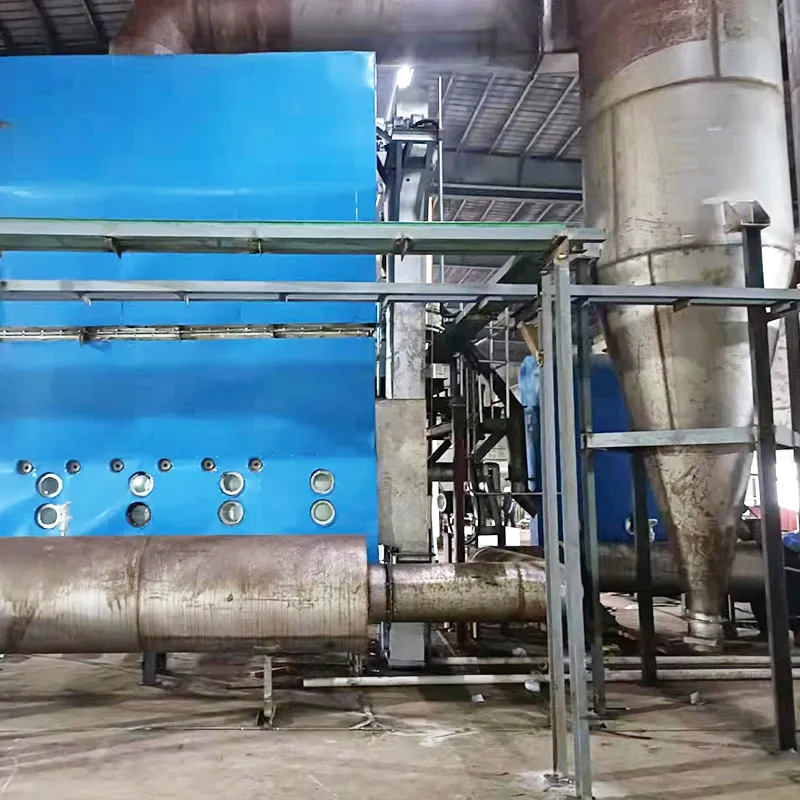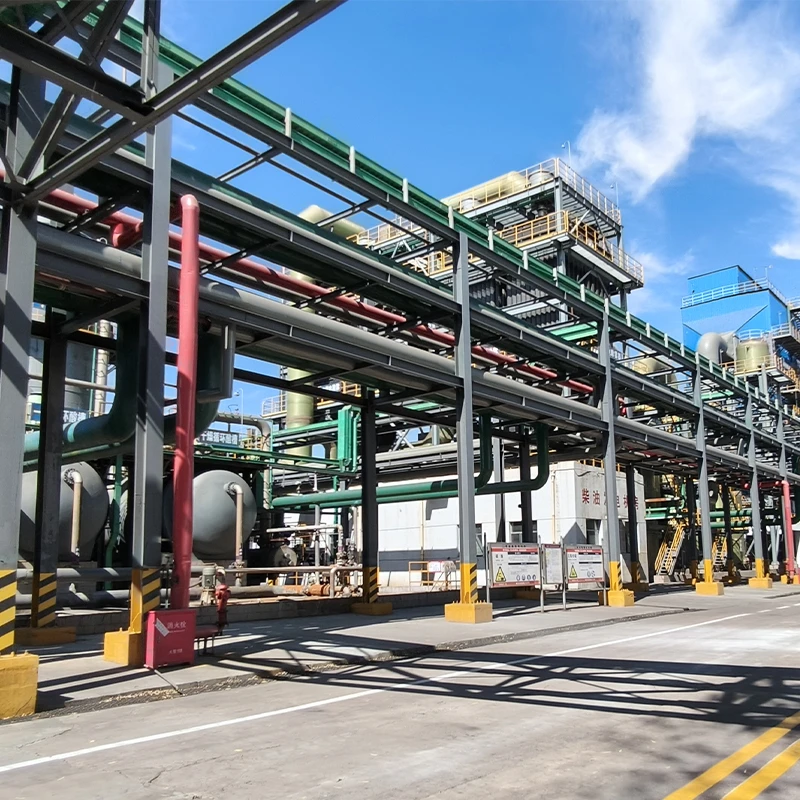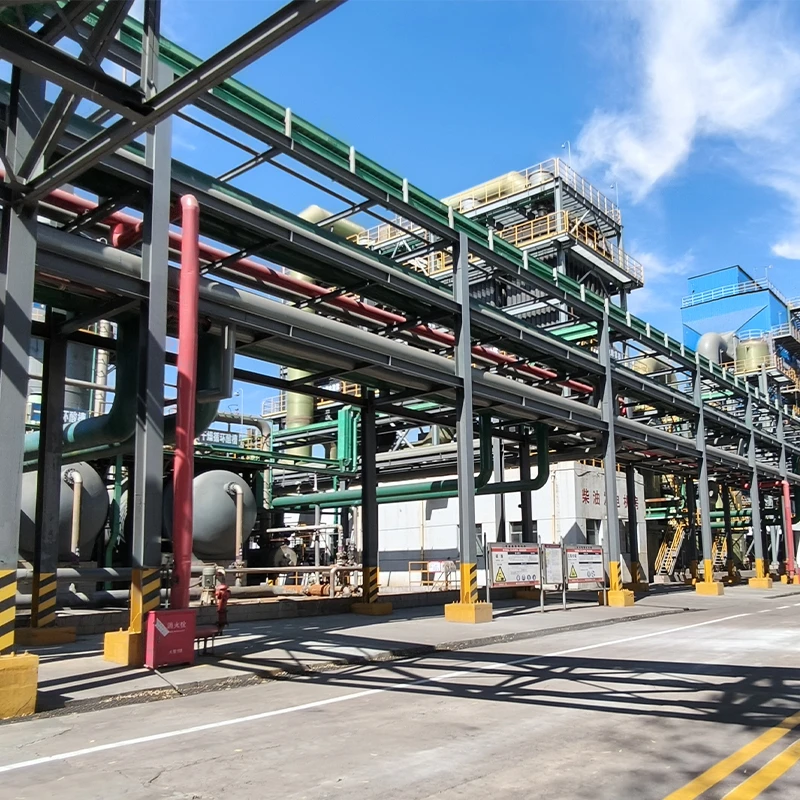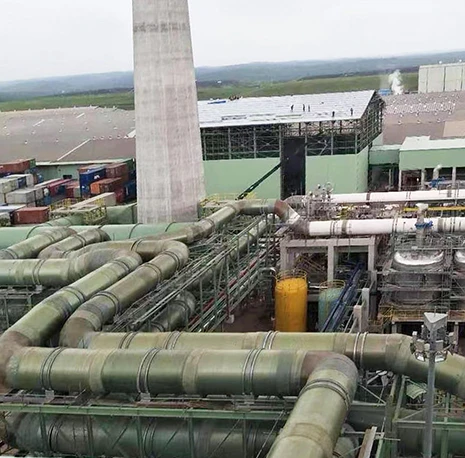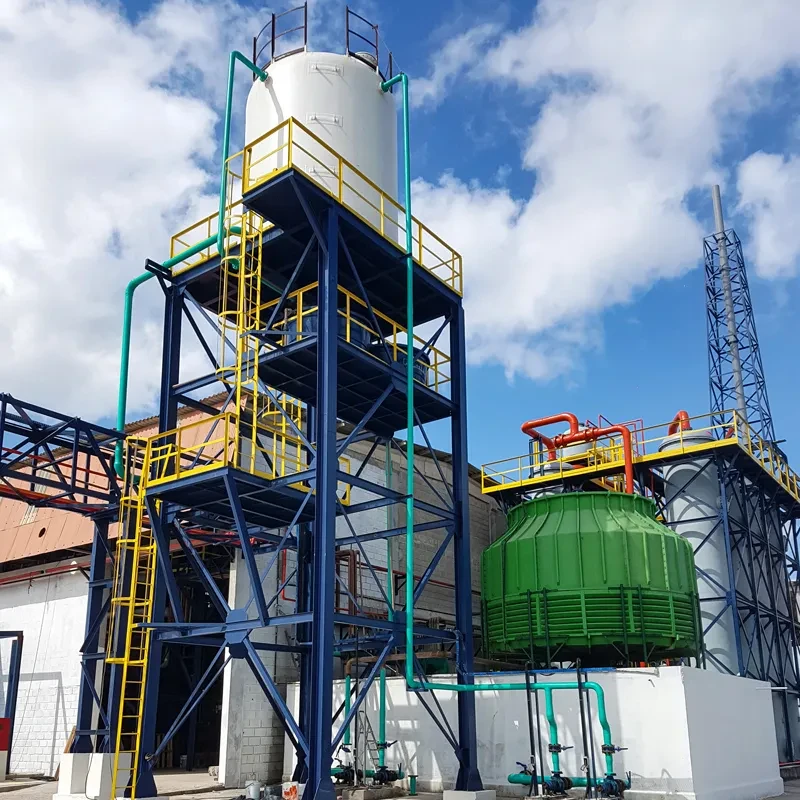Efficient Potassium Sulfate Production Solutions for SOP Plants
Contact Email: bella@aldfrp.com
WhatsApp/Phone: 8613303314492
Address: No. Room 211,706 Xinghua North Street, Jizhou District, Hengshui City, Hebei Province
Main Product: Potassium Sulfate Fertilizer Production Line
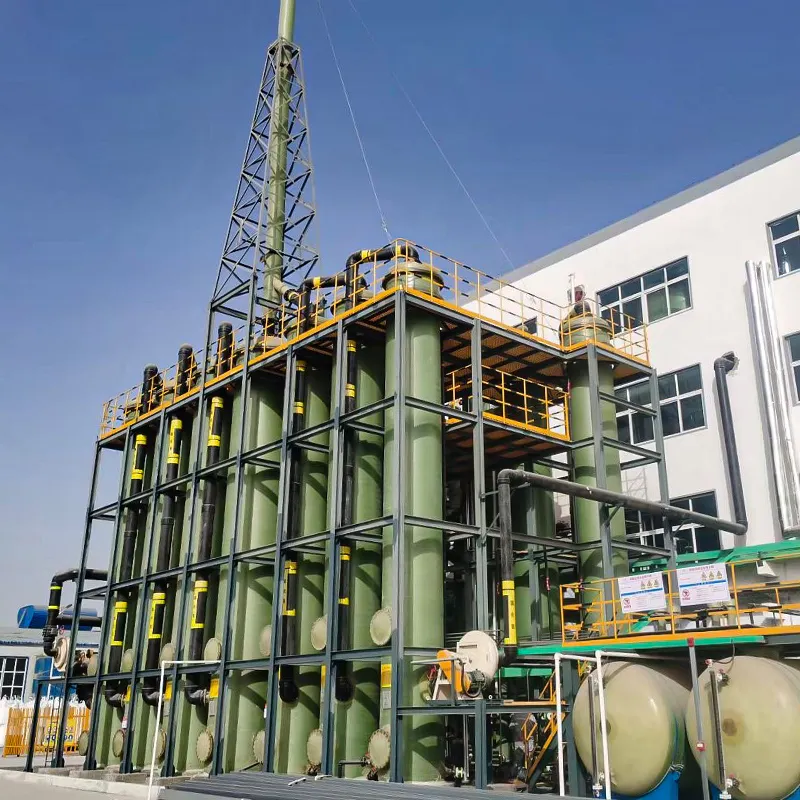
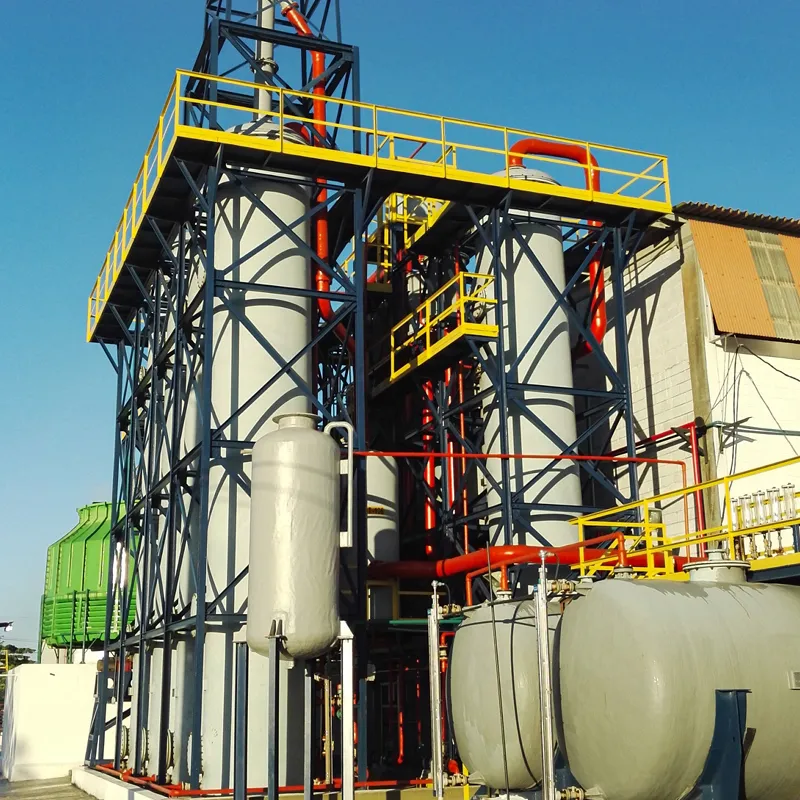
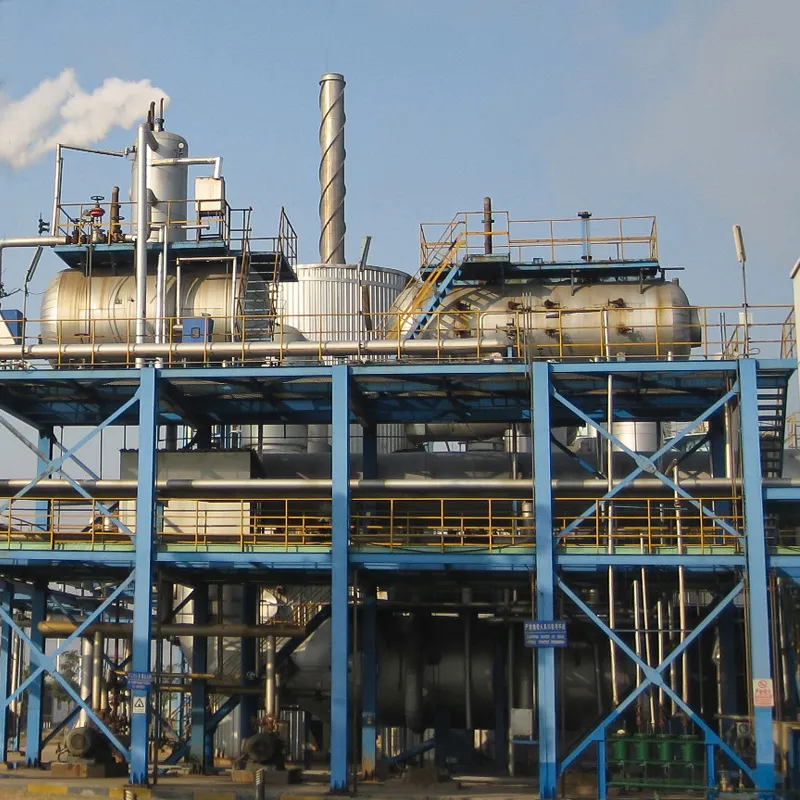
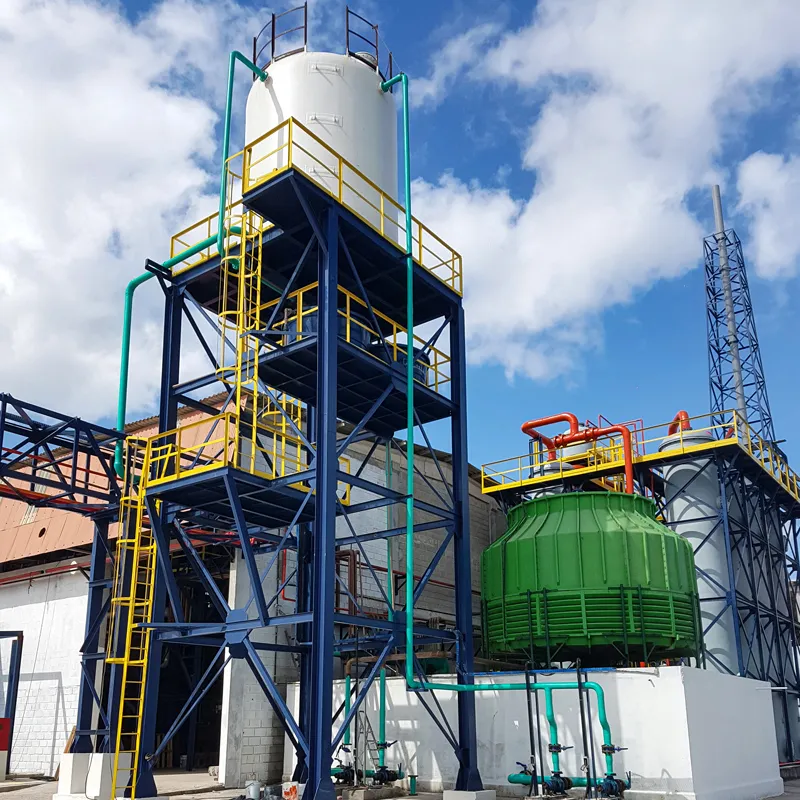
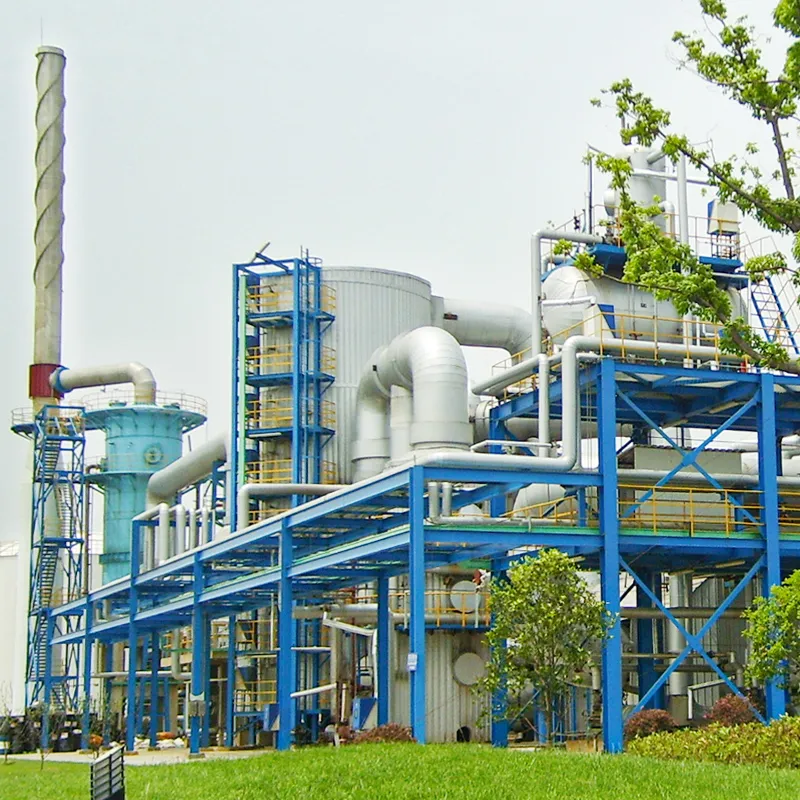
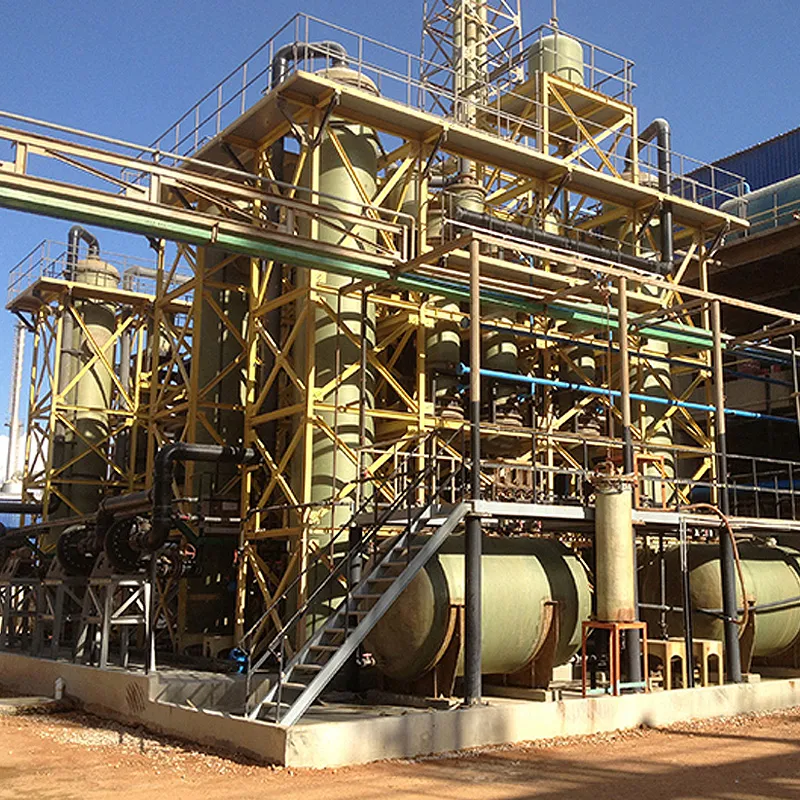
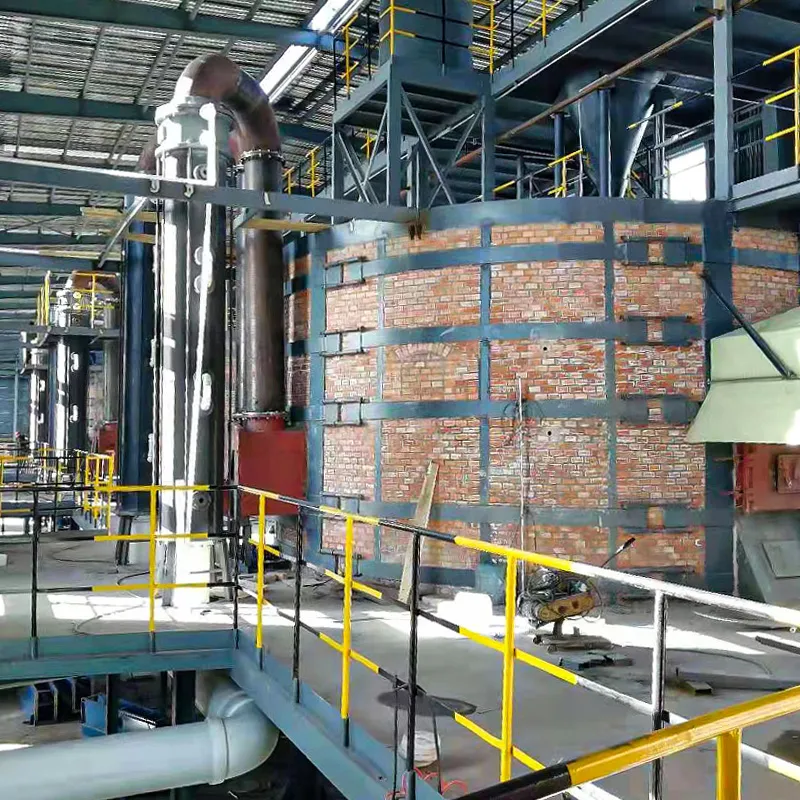
1. Industry Overview and Market Trends in Potassium Sulfate Production
With rising global demands for chloride-free, high-potassium fertilizers, the potassium sulfate production sector is experiencing rapid developments. As soil health and environmental sustainability become priorities in agriculture, potassium sulfate production—especially via advanced SOP plants—emerges as a crucial segment.
SOP plants (Sulfate of Potash plants) exploit innovative manufacturing systems, like the Mannheim process, to achieve high-purity K₂SO₄, attracting agri-food, horticulture, and specialty sectors.
Modern production lines rely on robust mechanical assemblies—such as state-of-the-art rake teeth and rake tines designed for international standards (international rake teeth)—to maintain quality and cost-effectiveness.
Industry Data: Production Volume, Process Efficiency, and Application Sectors
| Parameter | Typical Value | Notes |
|---|---|---|
| Annual Production Capacity (SOP Plant) | 20,000–150,000 MT/year | Depends on facility scale |
| Product Purity | ≥ 99.2% K₂SO₄ | Critical for agri/horticulture |
| Process Temperature (Mannheim) | 500–600°C | Manages reaction kinetics |
| Chloride Content | <1.5% | Low for sensitive crops |
| Automation Level | Highly Automated | PLC/SCADA integrated |
| Energy Consumption | 900–1200 kWh/MT | Energy optimization critical |
| Main Application Areas | Fertigation, Fertilizer blending, Specialty crops | Global agriculture |
2. Advanced Potassium Sulfate Fertilizer Production Line - Mannheim Furnace Process
Potassium Sulfate Fertilizer Production Line from Hebei Aoliande Chemical Equipment Co., Ltd. utilizes the sophisticated Mannheim furnace process. This technique is globally recognized for:
- Efficient reaction of potassium chloride (KCl) with sulfuric acid (H₂SO₄) to yield K₂SO₄ and HCl gas.
- Highly controlled temperature and automated material feed-in, achieving even heating and complete reaction.
- Substantial improvements in furnace design and internal materials, greatly reducing energy consumption and maintenance downtime.
- Optimization of rake teeth and rake tines ensures homogenized mixing and effective granulation during production.
- Compliance with international standards, including the use of specialized international rake teeth for longer lifespan and corrosion resistance (ResearchGate).
Technical Innovation: Hebei Aoliande has refined the entire SOP production process, balancing yield, purity, safety, and environmental impact for new-era fertilizer requirements.
3. Application Scenarios of Potassium Sulfate Production & SOP Plant Integration
Potassium sulfate production is integral to modern agri-systems, supporting varied use-cases:
- Open-field Agriculture & Greenhouses: Supports chloride-sensitive and high-value crops—tobacco, fruits, vegetables, and nuts.
- Agrochemical Blending: Ingredient in complex NPK blends, benefiting from low-chloride and high-potassium characteristics.
- Industrial and Specialty Uses: Employed in glass, pharmaceuticals, and food-grade industries for its purity standards.
- Smart SOP Plants: Features IoT/PLC-driven automation, self-diagnostics, and optimized energy management.
- Customization via advanced mechanical assemblies (rake tines for sale, tailored international rake teeth) to meet specific process and geographic requirements.
4. Advanced Components: Rake Teeth, Rake Tines, and Mannheim Process Mechanics
Potassium sulfate production at scale demands advanced wear-parts and blending technologies, including:
- Rake Teeth: Built from high-chromium iron or alloy steels, resisting corrosion/abrasion under high-temperature Mannheim reactors.
- Rake Tines for Sale: Designed for universal fit in SOP plants globally, streamlined for easy replacement and minimum process interruptions (Springer Reference).
- International Rake Teeth: Exceed ISO/ASTM standards; service life up to 40% longer versus conventional parts.
- Process Automation: Integration with SCADA/PLC for real-time operation, predictive maintenance, and reducing human error.
| Model | Design Capacity (MT/Year) | Main Reactor Lined Material | Energy Consumption (kWh/MT) | Control System | Rake Teeth Type |
|---|---|---|---|---|---|
| KSP-20K | 20,000 | Anti-corrosion composite | 1200 | PLC | Alloy Steel |
| KSP-40K | 40,000 | SiC/Alloy Ceramic | 1100 | PLC+HMI | Chromium Alloy |
| KSP-60K | 60,000 | High-alloy lining | 1050 | PLC+SCADA | Chrome Iron |
| KSP-100K | 100,000 | Full alloy steel | 970 | Central DCS | Ni-Hard Steel |
5. Professional FAQ: Potassium Sulfate Manufacturing, SOP Plant & Components
- Q1: What is the typical furnace lining material in Mannheim SOP plants?
A: High-grade SiC, alloy ceramics, or corrosion-resistant composites are used to resist acid/thermal attack and extend reactor lifetime. - Q2: Which material is optimal for rake teeth in potassium sulfate production?
A: Chromium alloy steel or Ni-Hard steel are preferred due to their abrasion and high-temp corrosion resistance (source). - Q3: What standards should international rake teeth comply with?
A: Compliance with ISO 15510, ASTM A532 for high-alloy irons, and DIN 1695 ensures compatibility and safety. - Q4: How does granulation impact SOP quality?
A: Uniform rake movement and optimized tines ensure even granule size and reduce dust, improving marketability. - Q5: What level of automation is applied?
A: PLC/SCADA/IoT-based controls enable real-time monitoring, recipe optimization, and predictive maintenance. - Q6: Are rake tines for sale standardized?
A: Yes, major suppliers offer metric and imperial models, supporting rapid installation for SOP plants globally. - Q7: What environmental controls are used in SOP production?
A: HCl absorption units, dust collectors, and closed-loop cooling minimize emission and energy waste.
6. Why Choose Hebei Aoliande Chemical Equipment Co., Ltd. for Potassium Sulfate Production?
- Proven experience with large-scale SOP plant installations worldwide.
- In-house R&D for continuous process optimization (potassium sulfate production).
- Customized solutions—for rake teeth, rake tines for sale, and unique reactor configurations.
- Robust after-sales support and training, ensuring operational excellence.
- Factory-verified compliance with international quality and safety standards.
7. Further Reading & References
References for Further Insight on Potassium Sulfate Production:
- “Materials for Potassium Sulfate Production Equipment” (ResearchGate)
- “Mechanics and Process Innovation in Mannheim Furnace” (Springer)
- “Potassium Sulfate SOP Global Demand and Trends” (International Fertilizer Association)
- Extensive technical discussions on SOP production: (ScienceDirect Topic Page)
- “Advanced Automation in Fertilizer Manufacturing” (IFMA Journal)
- “Sulfate of Potash: Fertilizer Applications and Innovations” (Market Publishers)
For detailed consultations, SOP plant optimization, or supply of rake teeth and rake tines for sale, contact us at bella@aldfrp.com or call 8613303314492.

